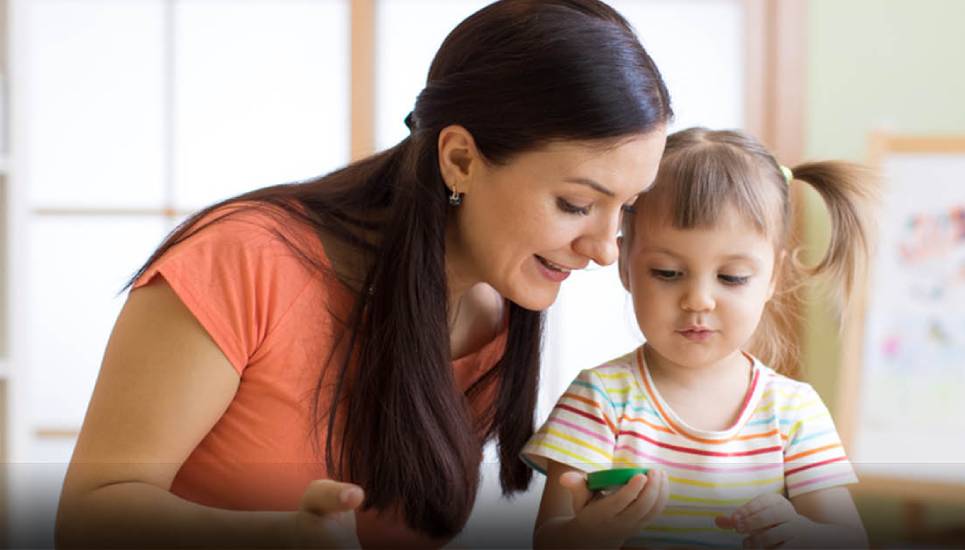
The Importance of Play in Childhood Development
At Nannies of Greece, we have discovered that play is not merely a recreational activity but an essential component in fostering holistic growth, cognitive abilities, social skills, and emotional well-being in young minds. In this article, we delve into the profound impact of play on childhood development, exploring its cognitive, physical, social, and emotional dimensions.
Cognitive Development Through Play
Play is a powerful tool that stimulates cognitive growth in children. During play, children engage in activities that require problem-solving, decision-making, and imaginative thinking. Through imaginative play, such as pretending to be characters from their favourite stories or engaging in role-playing games, children develop their creativity and expand their cognitive abilities. Moreover, constructing structures with building blocks or solving puzzles enhances their spatial awareness, logical reasoning, and mathematical skills.
Physical Development and Motor Skills
Physical development plays a vital role in shaping a child’s overall well-being. Engaging in active play, such as running, jumping, climbing, and playing sports, helps children develop their gross motor skills and coordination. It strengthens their muscles and bones, improves their balance and agility, and fosters a healthy lifestyle from an early age. By providing ample opportunities for physical play, parents and caregivers can contribute significantly to a child’s physical development.
Social Skills and Emotional Intelligence
Play is a natural socialising platform for children, enabling them to develop crucial social skills and emotional intelligence. When engaging in cooperative play, children learn to share, take turns, negotiate, and communicate effectively with their peers. These interactions help build their empathy, resilience, and conflict resolution abilities. Through play, children also explore various roles and perspectives, promoting understanding, tolerance, and acceptance of diversity.
Play-Based Learning
Play-based learning is an innovative educational approach that combines the benefits of play and structured learning experiences. It recognises that children learn best when they are actively engaged, interested, and motivated. By integrating educational content into play scenarios, children acquire knowledge, skills, and concepts in a fun and meaningful way. Play-based learning encourages curiosity, problem-solving, and critical thinking, laying a strong foundation for future academic success.
Parental Engagement and Play
Parents play a pivotal role in supporting their child’s play experiences. By actively participating in play activities with their children, parents strengthen their bond, create cherished memories, and provide a nurturing environment for development. Parental involvement in play also offers opportunities for modelling positive behaviours, teaching values, and guiding children’s emotional regulation. It is crucial for parents to allocate dedicated time for play, ensuring its recognition as a valuable aspect of their child’s growth.
FAQS
Why is free play important in early childhood?
Free play is also important for learning problem solving skills. “They can try to solve a problem or come up with a solution on their own while playing. They need to express their own way of thinking.
How much free play should a child have?
Many experts recommend giving toddlers at least an hour per day of free, unstructured (but still supervised) play where children can explore what interests them, along with at least 30 minutes of active, adult-led, structured play.
What are the components of free play?
Sharing, turn taking, following and giving instructions are all learnt and practised during play. Problem solving is also a key component of free play and one which comes in very handy when children start school and need to be a little bit more independent.




